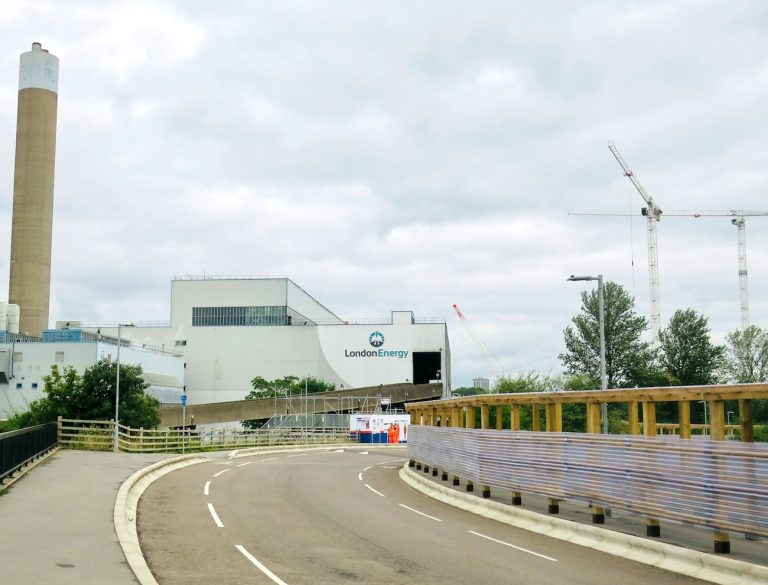
The government has pledged nearly £22 billion to fund projects that capture greenhouse gases from polluting plants and store them underground in an effort to meet tough climate targets. [emphasis, links added]
The plans are aimed at creating private investment and jobs in Merseyside and Teesside, two industrial areas that will be home to new “carbon capture clusters”.
Energy security and net zero minister Ed Miliband told Sky News that “today a new era begins” with a new industry that stops carbon emissions being pumped into the atmosphere providing “good jobs” and signaling the government's ongoing commitment to the country Make an investment.
Prime Minister Sir Keir Starmer said the move would “reignite our industrial heartland by investing in the industries of the future”, Although questions remain about how best to use this expensive technology.
Carbon Capture, Utilization and Storage (CCUS) was developed to combat climate change.
It captures the planet-warming carbon dioxide released from burning fossil fuels or heavy industry and puts it into use or stores it underground.

Although costly and difficult, UK climate advisers, the Committee on Climate Change (CCC) and UN scientists say it is vital to get the world to net-zero emissions, which the UK aims to achieve by 2050.
Net zero means reducing emissions wherever possible and offsetting or capturing stubborn remaining emissions.
Now the government has pledged to provide subsidies of up to £21.7 billion ($29B) over 25 years from 2028 to sites in the Teesside and Merseyside “cluster”. …shear…
How about a £22bn black hole?
The £21.7bn the Government has committed to the project is, inter alia, approx. The same amount as the £22bn black hole Labor says the Conservative government has left behind.
but, SKiir insists the CCUS plan “will unlock billions in private investment” and is certain he will announce more private investment soon.
Sir Keir defended some of the government's unpopular decisions in the first three months, such as cutting winter fuel payments for 10 million pensioners, adding: “I am absolutely convinced that only by stabilizing the economy will we to attract the investment we need.
Will CCUS help jobs and businesses?
Government wants to fund UK's first large-scale hydrogen plant, and Helping the oil and gas industry and its transferable skills transition to green industries.
The move, welcomed by industry and unions, comes just a week after the closure of Port Talbot steelworks and Ratcliffe coal-fired power station led to job losses.
GMB general secretary Gary Smith said the news “shows what upgrading is really about: good, well-paid jobs that revitalize communities”.
Does carbon capture, utilization and storage (CCUS) work?
Progress on CCUS has been slow: decades of promise but little scale, According to the International Energy Agency, there are only 45 commercial sites worldwide.
However, it has started to pick up in the past few years and there are currently 700 plants in some stage of development around the world.
The world's first CCUS plant has been storing carbon dioxide in Norwegian waters since 1996, but elsewhere There are still some concerns about whether some projects may leak natural gas.
CCC acting chief executive James Richardson said: “We can't achieve our national goals without CCUS, so the commitment to that is very reassuring.”
Above: London energy facilities are to be demolished and land planned for carbon capture equipment. Photo by Rose Galloway Green on Unsplash
Take a break from reading Sky News
